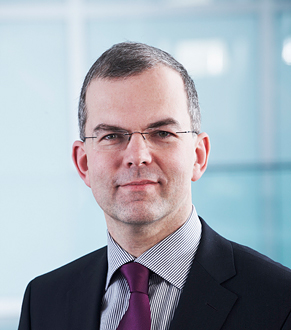Mr. Naumer, what was the purpose of the study issued by the Bundestag?
Hans-Jörg Naumer: The Enquete Commission report on ‘Growth, Wellbeing and Quality of Life’ examines complex issues surrounding how the demands of today’s generation are being satisfied and how this will continue in the future. Germans are pretty business-minded, but even they are questioning if well-being is more than just the pursuit of goods and services.
But Germany is very wealthy. Why is it worried about well-being?
Germany is one of the developed nations hardest hit by demographic change. We’re getting older. The population is aging and shrinking while the global population is still growing. You see the same thing in Japan and some European countries like Italy. That will definitely have implications for infrastructure and for future economic power, but what those are is an open question.
So this is more than just a German phenomenon...
This report is just one in a series of European initiatives that look at redefining the relationship between economic growth, sustainability and well-being. In 2009, a French Commission on the Measurement of Economic Performance and Social Progress, headed by noted economist Joseph Stiglitz, submitted its report. And then there’s the British government's attempt, initiated by Prime Minister David Cameron, to measure the national happiness, and the OECD “Better Life Index”. All these reports assume that just focusing on GDP overlooks other aspects that make the lives of millions of citizens happy and satisfied.

